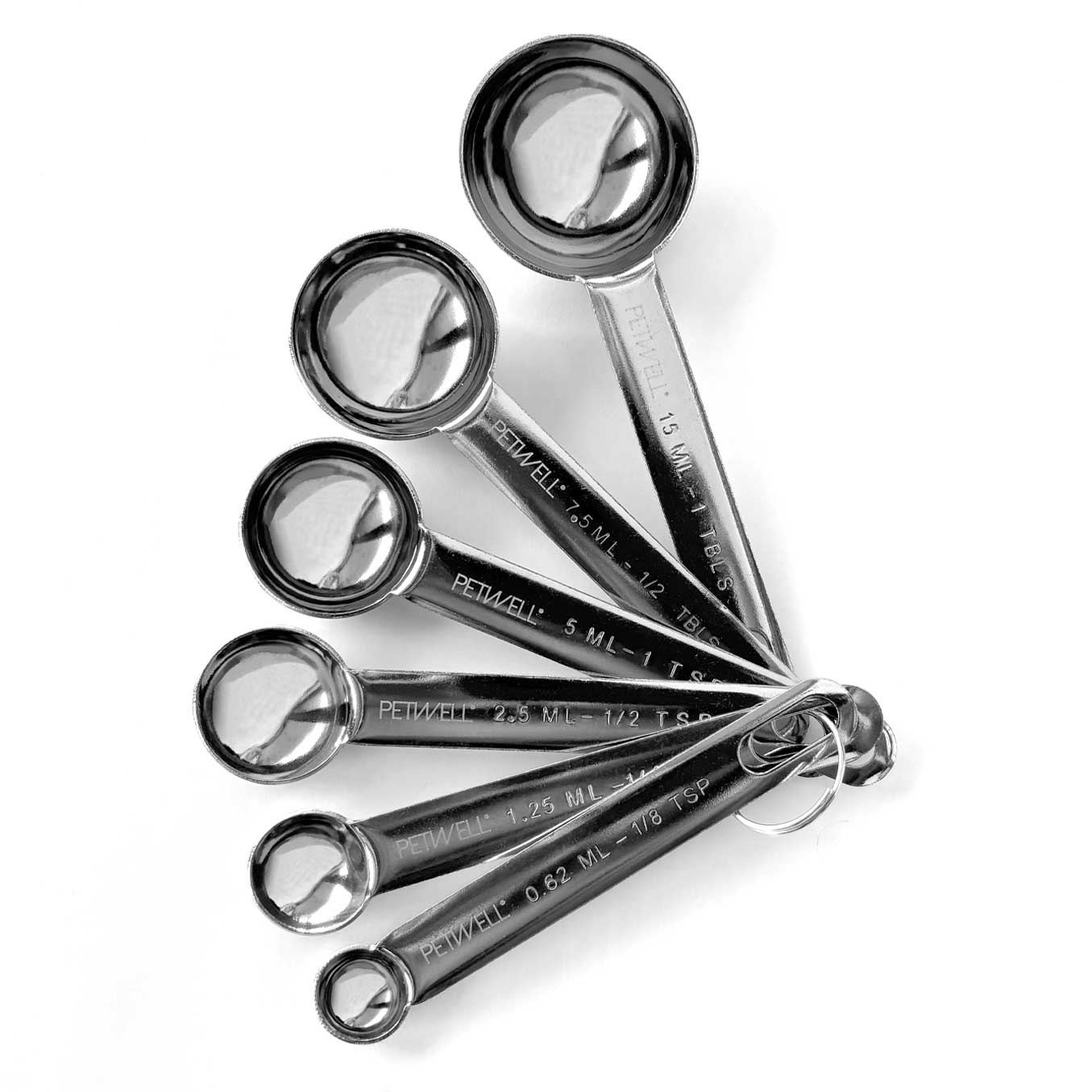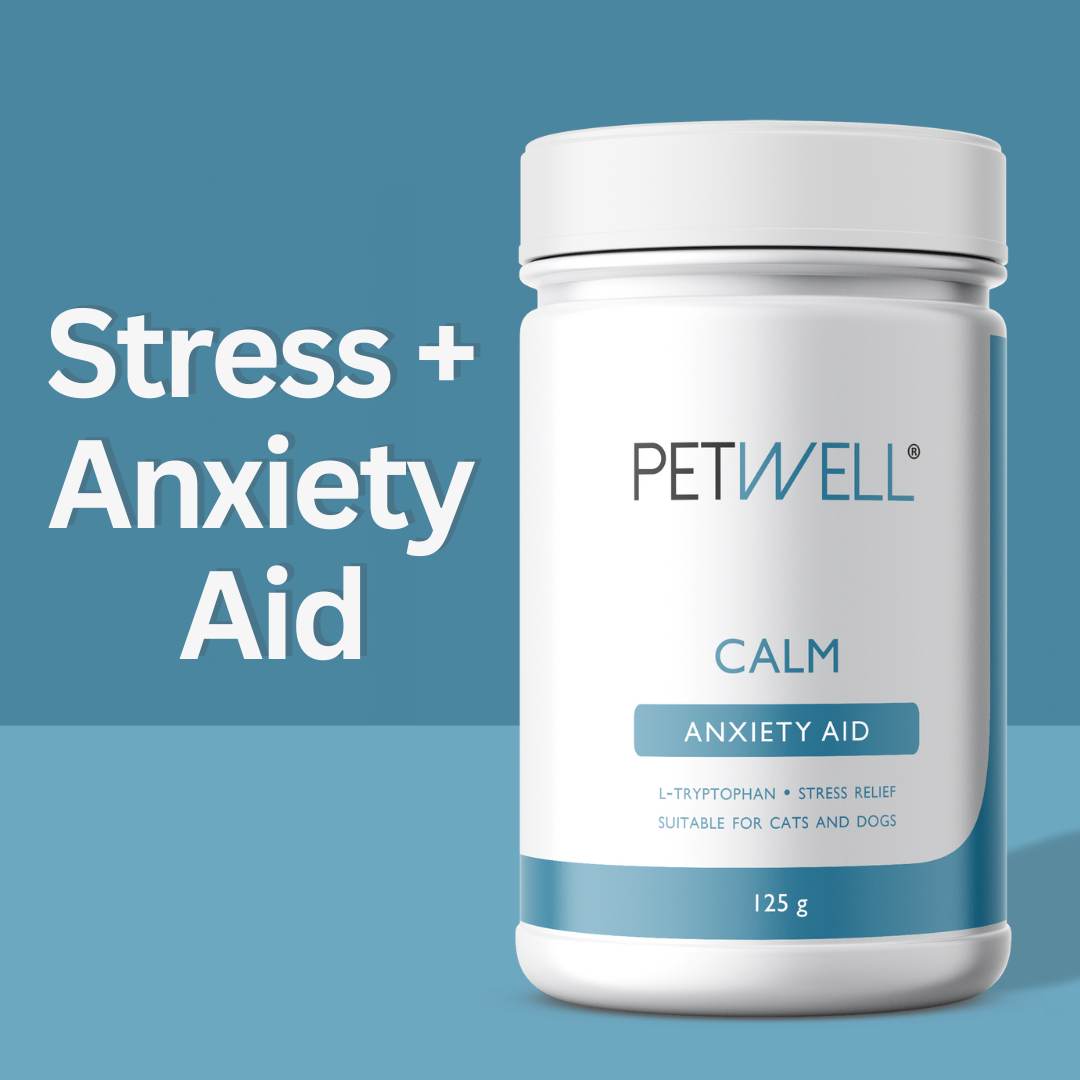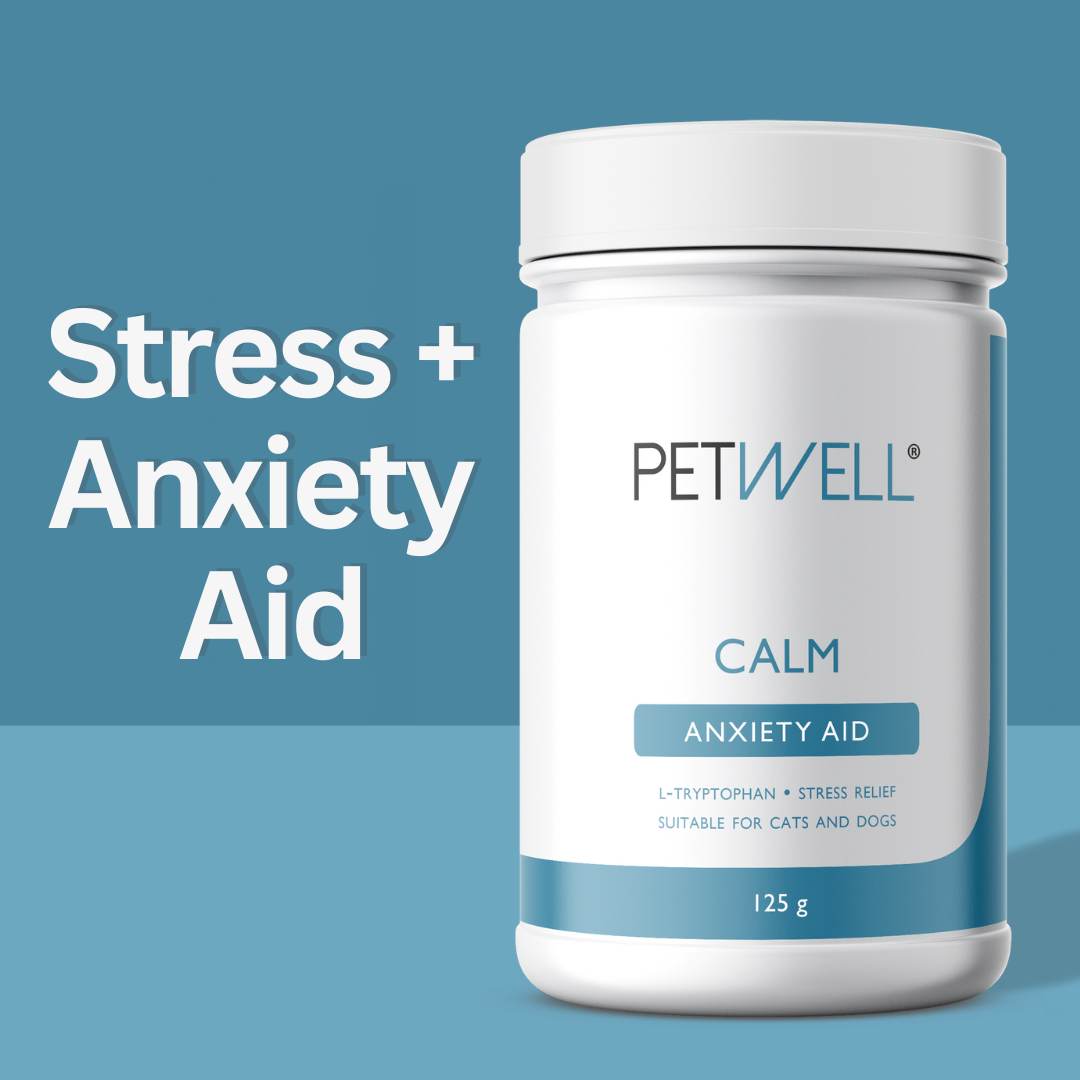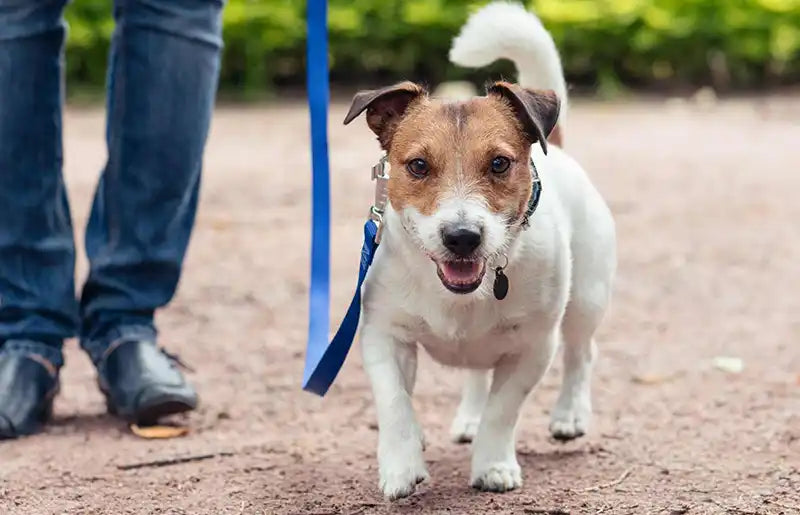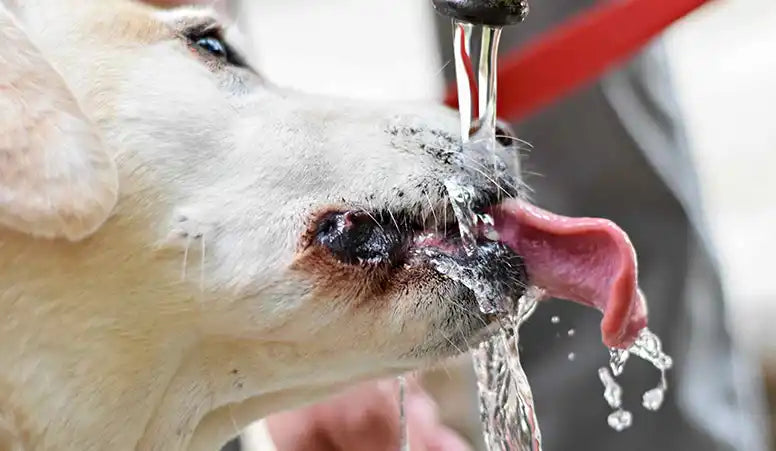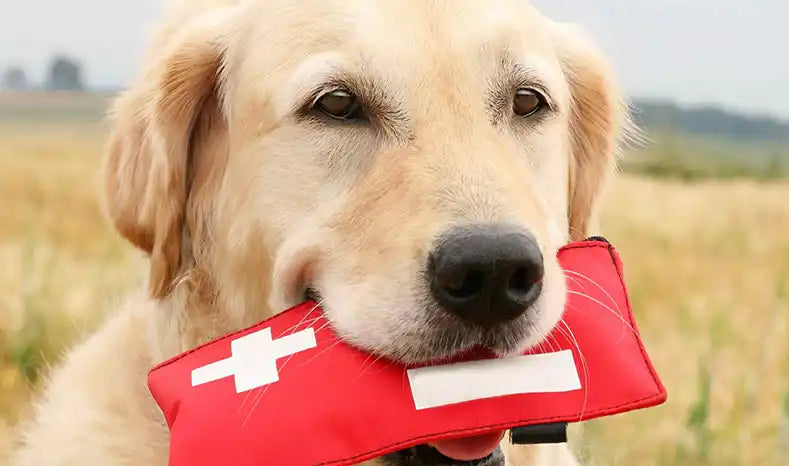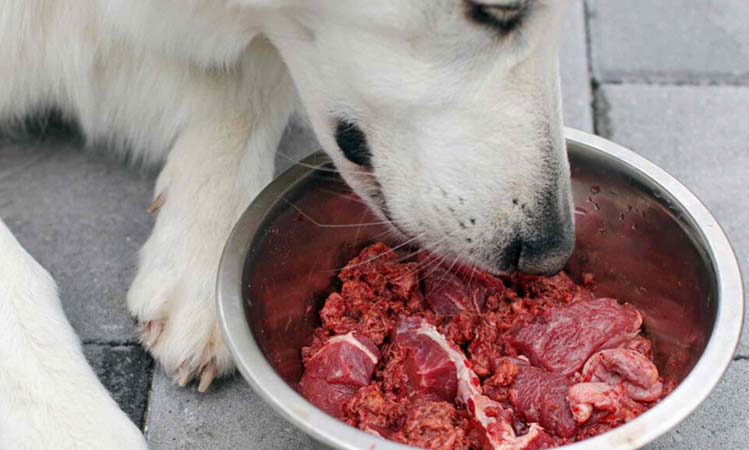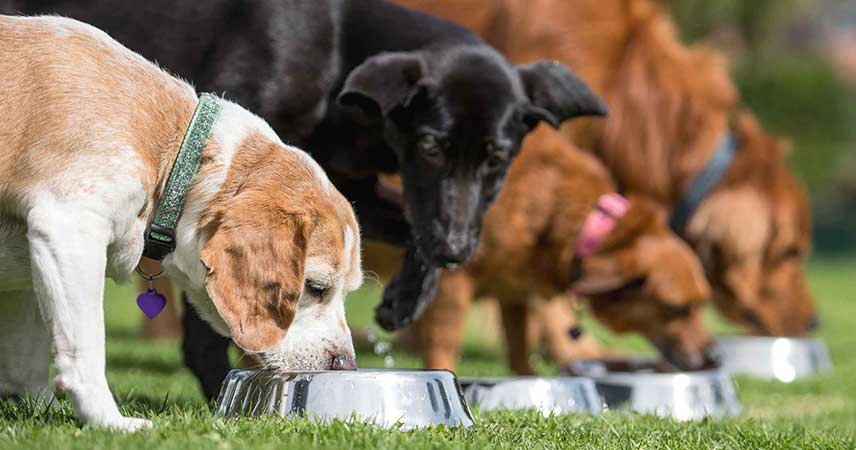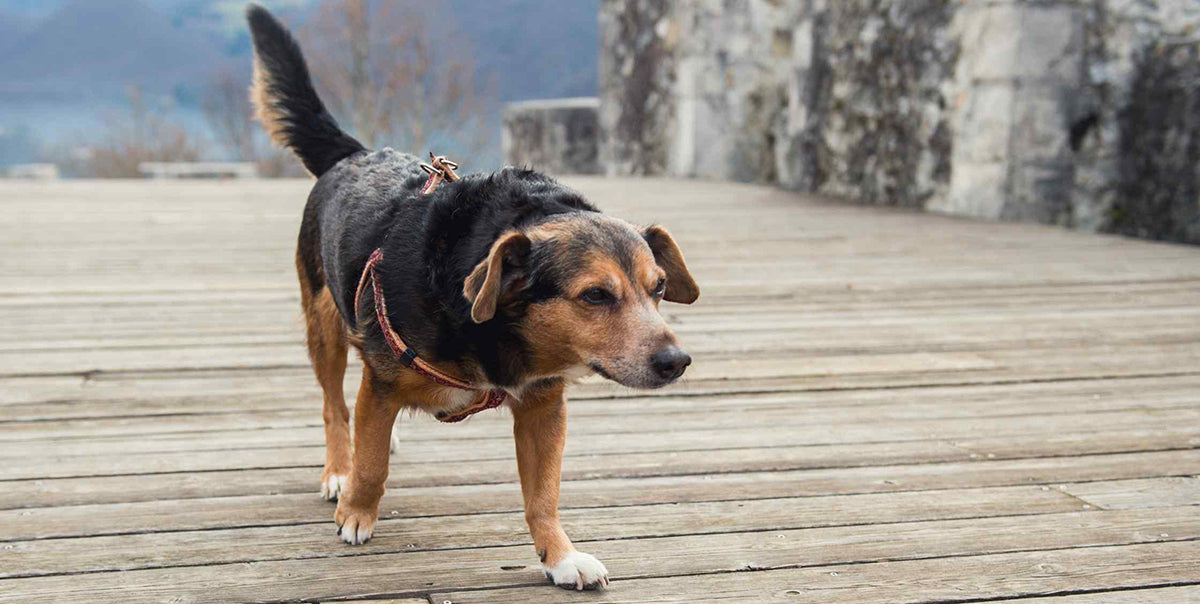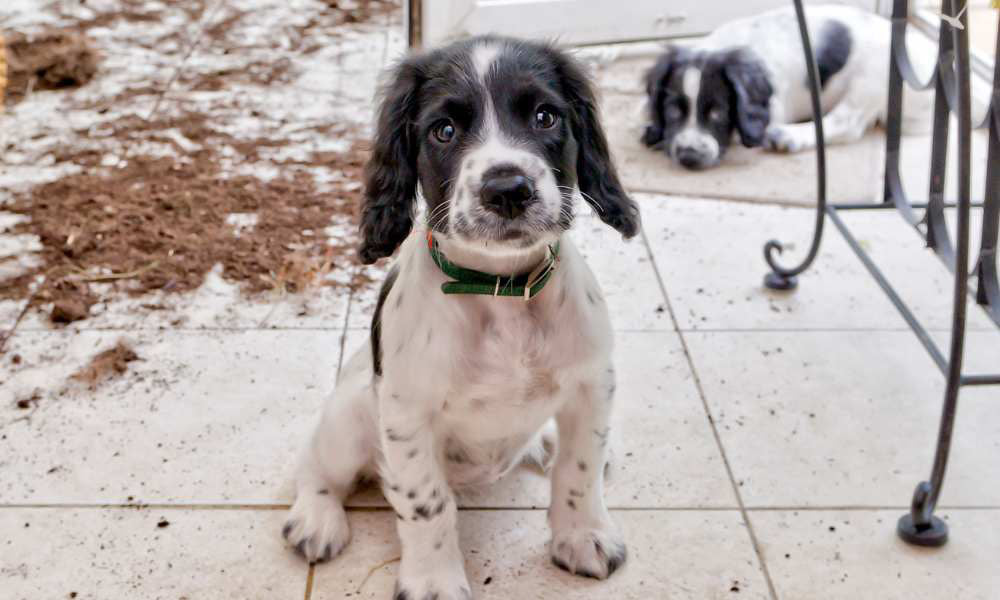Quick Take: When you learn to read your dog’s signals and respect their boundaries, you do more than prevent stress, you build deep trust and calm anxiety naturally.
Why Does Respecting Dog Boundaries Help Calm Dog Anxiety?
Dogs might not speak our language, but they tell us everything we need to know, through posture, eyes, ears, and tails. When we listen and respect their personal space, we help them feel safe, confident, and understood.
Dogs are loyal and eager to please, but even the most devoted companion has emotional limits. Missing their cues or forcing interactions can lead to stress and, over time, dog anxiety.
A 2020 study found that more than 70% of dogs experience anxiety at some point in their lives. The good news? Most of it can be eased by creating a calm, predictable environment and letting them set the pace.
Over 70% of dogs experience anxiety at some point in their lives!
How Can You Tell What Your Dog’s Body Language Means?
Your dog is constantly communicating. The trick is learning to understand their cues before anxiety sets in.
Signs your dog wants space:
- Turning their head or body away
- Yawning or licking lips when not tired or hungry
- Tucked tail or flattened ears
- Stiff posture or freezing in place
- Avoiding eye contact
When they’re relaxed, you’ll see soft eyes, loose posture, and a slow, wagging tail, that’s their version of a smile.
Tip: Rescue dogs or those with a tough past may need extra patience. Let them choose when to engage. Respect builds confidence faster than pressure ever will.
Why Do Past Experiences Affect a Dog’s Boundaries?
Every dog’s story shapes how they see the world. A rescue who’s known fear might be startled by loud voices or sudden touch. A dog raised in a calm, loving home might bounce into play without hesitation.
Respecting those differences means giving your dog control where possible, letting them approach, explore, or snuggle when they’re ready.
That autonomy helps rebuild trust and lowers stress hormones naturally.
A rescue dog that has suffered abuse or neglect may carry emotional scars that affect their trust and comfort levels
What Are the Best Natural Ways to Calm Dog Anxiety?
Even with gentle training, some dogs need a little extra help to find their calm.
PetWell CALM is a natural supplement and treat range designed by a pet naturopath to ease stress and calm dog anxiety.
It blends naturally occurring L-theanine from green tea, L-tryptophan fron chamomile tea and goats’ milk along with lemon balm and other botanicals known to soothe without sedation, perfect for pets who need balance, not sleepiness.
👉 Explore PetWell CALM Stress Support for Dogs & Cats
What Do Dogs Dislike That Can Increase Anxiety?

Respecting boundaries also means avoiding the things that make them uneasy. Here’s what most dogs wish we’d stop doing:
- Rough handling or shouting – breaks trust and triggers fear.
- Tight hugs or restraint – can make them feel trapped.
- Skipping exercise and enrichment – leads to boredom and anxiety.
- Being left alone too long – causes separation anxiety.
- Forced greetings – not all dogs want to socialise.
- Pulling on the leash – can cause pain and tension.
- Loud environments – constant noise heightens stress.
- Touching sensitive spots – paws, ears, and tails need gentle introduction.
- Taking food or toys abruptly – can trigger resource guarding.
- Sudden movements or wake-ups – startle and confuse dogs.
How Can You Build Trust with an Anxious or Fearful Dog?
Empathy is the foundation of every strong bond. Speak softly, move calmly, and let your dog make small choices, it tells them, “You’re safe with me.”
When dogs feel safe, anxiety drops, confidence grows, and your connection deepens.
Because when we support their emotional well-being, they don’t just behave better, they thrive.
Read more about Understanding Common Dog Behavioural Issues
FAQs
How do I know if my dog feels anxious or uncomfortable?
Watch for yawning, lip-licking, turning away, or stiffness, early signs they need space.
Can hugging cause dog anxiety?
For some, yes. Tight hugs can feel confining. Try gentle pats or side cuddles instead.
How can I build trust with a rescue or fearful dog?
Move slowly, use calm tones, and reward curiosity. Patience and routine earn trust.
What’s the best way to calm dog anxiety naturally?
Create predictable routines, provide enrichment, and use natural supports like PetWell CALM Stress Support for Dogs and Cats.
Key Takeaway, Why Respect Matters Most
Respecting your dog’s boundaries is one of the kindest ways to show love.
By understanding their emotions and limits, you’ll not only calm anxiety but build lifelong trust, the kind that keeps your PetWell.
Disclaimer: The entire contents of PetWell emails and website are not to be taken as medical advice. The team at Pet Squad Pty Ltd trading as PetWell encourages you to make your own pet health care decisions based on your research and in partnership with a qualified pet healthcare professional.
This article was prepared by the team at PetWell. Australia’s trusted provider of natural, human-grade pet supplements and freeze-dried treats for dogs and cats. Drawing on holistic animal behaviour insights and years of working with canine clients, PetWell champions kind, calm and scientifically informed solutions for every pet parent.
Posted By Ayda Hornak - Trained in Canine Psychology and Natural Animal Nutrition Care.





